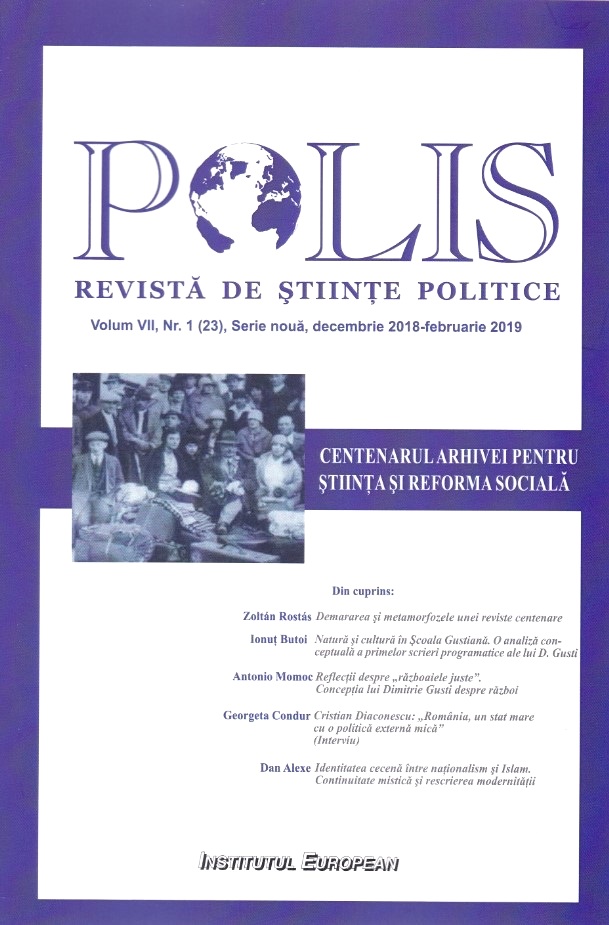Statutul epistemologic şi ideologic al sociologiei în era bipolară
Epistemological and ideological status of sociology
in the bipolar era
Author(s): Ana-Maria AmbrosăSubject(s): Politics / Political Sciences, Politics
Published by: Editura Institutul European
Keywords: Cold War; political engagement; socialist world; sociology;
Summary/Abstract: During the Cold War, the themes and the methodology of Western sociology were seriously influenced by the realities of bipolarism. The researchers in this field focused on the new social movements (proletarian revolutions, anticolonial national movements, migration, protests generated by environmental, feminist and pacifist themes), on the condition of the individual in the industrial society, on the power to influence the mass-media, on social stratification and its reproduction through education systems, etc. After 1948, with the instatement of pro-Soviet governments in East-Central European countries, sociology became the new science non grata. Less than a decade later, when the crimes and abuse of Stalin’s regime were unearthed, sociology re-emerges as a discipline of study, but its Marxist boundaries are clearly delimited, both in its research themes and methods and in its political engagements. Tolerated by the Party, sociology starts to analyse the sociopolitical, economic and cultural phenomena of the socialist world (rural-urban migration, work relations in industrial and agricultural environments, religiousness levels among Soviet peoples, youth problems, etc.).
Journal: Polis. Journal of Political Science
- Issue Year: VII/2019
- Issue No: 1(23)
- Page Range: 117-132
- Page Count: 16
- Language: Romanian

